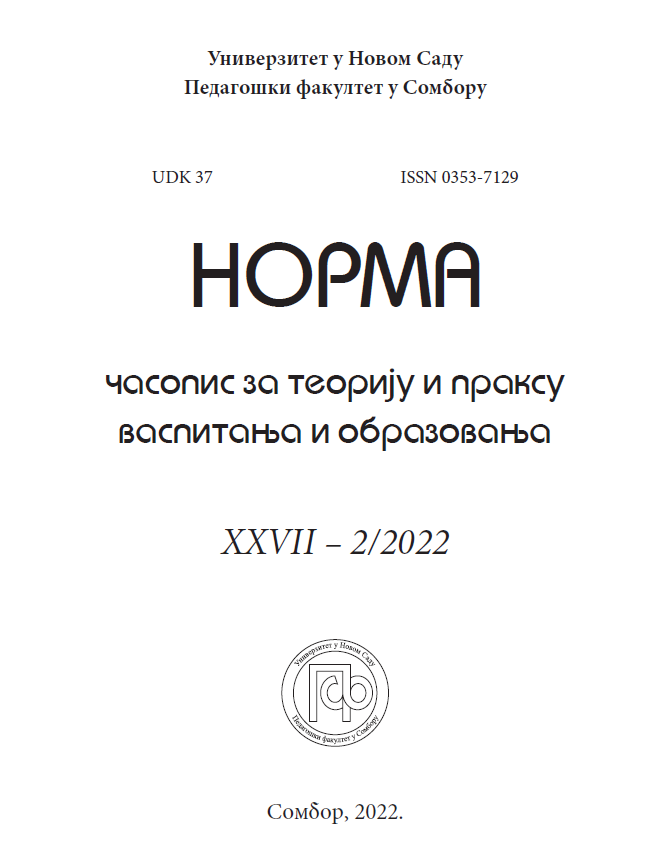Philosophy and society of (non)knowledge
With the "crisis of the humanities"
Abstract
The text introduces the somewhat forgotten ideologue of the so-called "knowledge society", produced by the so-called Bologna Declaration on Higher Education. From the perspective of the most lucid criticism of the same, which at one time was "enlightened" by Konrad Paul Liessmann, opens the horizon of re-examination of the so-called "crisis of the humanities". Liesmann's Theory of Uneducatedness is only a peculiar introduction to the possible re-affirmation of the role of philosophy in resolving such a "crisis". For this purpose, a dialogue/polylogue is established with three contemporary French philosophers. Alain Badiou, Gilles Deleuze and J. F. Lyotard offer us discourses of openness and "new beginnings", with the possibly revolutionary potential of renewing the meaningfulness of the discipline called - philosophy. Concepts of the metaphysics of real happiness (Badiou), "becoming revolutionary" (Deleuze), and testing "playful freedom" (Lyotard), plead for the renewal of philosophical THINKING. Finally, in the detection of Deleuze's kind of "non-fascist" existence, a new picture is revealed in which the so-called "crisis of the humanities" is noticed. Philosophy thus becomes an engaged RESISTANCE to the real existence of the "society of non-knowledge".

